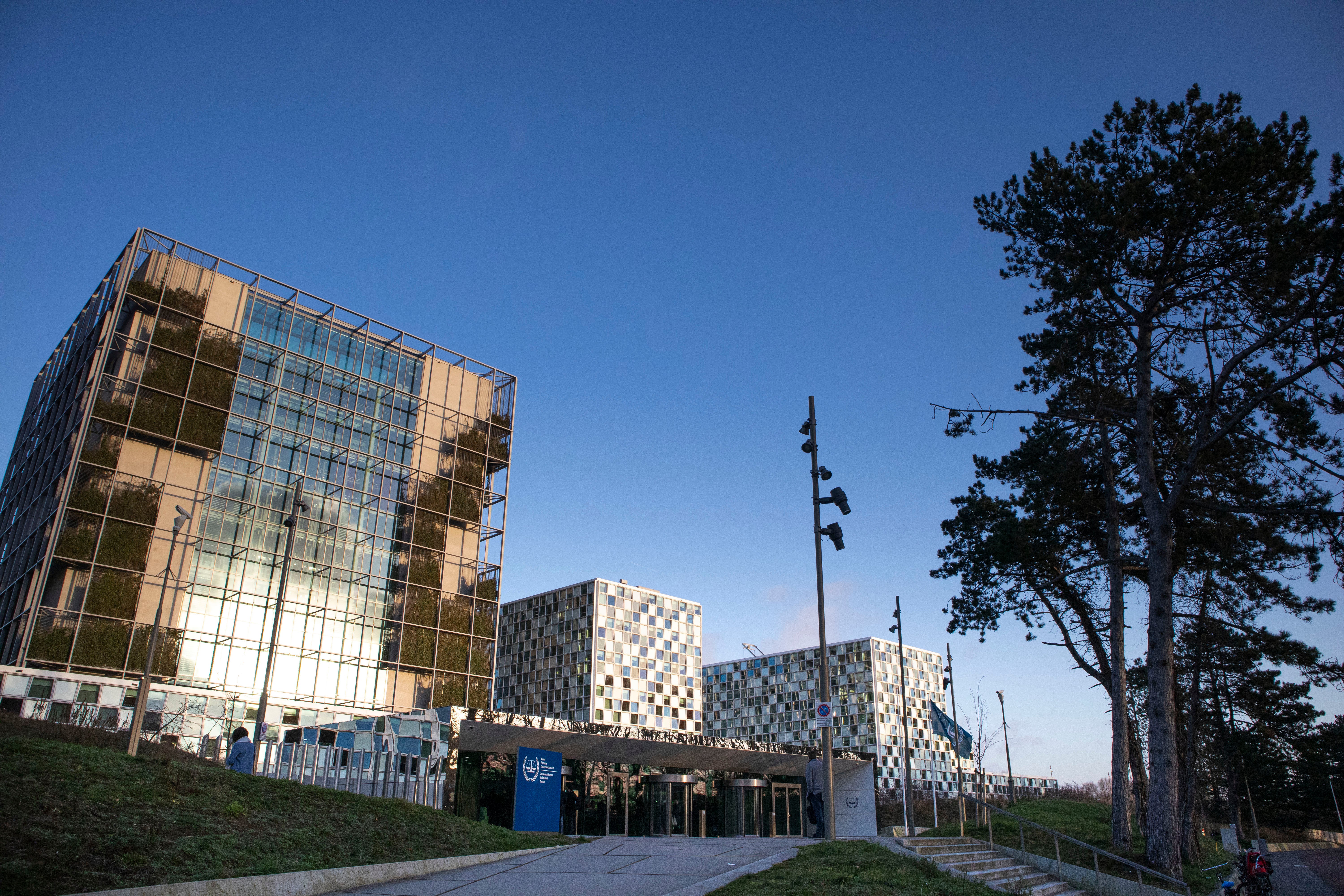Int'l Criminal Court member states to elect new prosecutor
Member states of the International Criminal Court are electing a new prosecutor to replace incumbent Fatou Bensouda when her nine-year term expires later this year

Your support helps us to tell the story
From reproductive rights to climate change to Big Tech, The Independent is on the ground when the story is developing. Whether it's investigating the financials of Elon Musk's pro-Trump PAC or producing our latest documentary, 'The A Word', which shines a light on the American women fighting for reproductive rights, we know how important it is to parse out the facts from the messaging.
At such a critical moment in US history, we need reporters on the ground. Your donation allows us to keep sending journalists to speak to both sides of the story.
The Independent is trusted by Americans across the entire political spectrum. And unlike many other quality news outlets, we choose not to lock Americans out of our reporting and analysis with paywalls. We believe quality journalism should be available to everyone, paid for by those who can afford it.
Your support makes all the difference.Member states of the International Criminal Court are electing a new prosecutor Friday, ending a drawn-out and divisive process for appointing the person who will replace incumbent Fatou Bensouda when her nine-year term expires later this year.
The prosecutor holds a position that is one of the toughest in international law due to the nature of the court's cases. The Trump administration slapped sanctions on Bensouda and one of her top aides last year for continuing to investigate war crimes allegations against Americans, although the court often was criticized in the past for its focus on African crimes.
Last week, ICC judges angered Jerusalem by saying the court's jurisdiction extends to territories occupied by Israel in the 1967 Mideast war, potentially clearing the way for the prosecutor to open an investigation into Israeli military actions and the country's construction of settlements in the occupied West Bank and annexed east Jerusalem.
Israeli Prime Minister Benjamin Netanyahu called the decision a “perversion of justice.”
Attempts to appoint the global court's third prosecutor by consensus among the 123 member states failed, forcing the process into secret balloting. Friday's vote involves four candidates: Spain’s Carlos Castresana Fernandez, Fergal Gaynor of Ireland, British barrister Karim Khan and Francesco Lo Voi of Italy.
The selection process and the alleged failure by the ICC's Assembly of States Parties to conduct stringent background checks on the candidates has drawn criticism from civil society groups that work with the court.
“Although ICC member countries took a number of innovative steps to guide this election process, they did not put in place steps to professionally vet candidates as part of an assessment of ‘high moral character,’ a key requirement under the ICC treaty for the prosecutor," Liz Evenson, associate international justice director at Human Rights Watch, said.
A diplomat who spoke on condition of anonymity to discuss details of closed meetings said the fact that many of the meetings to discuss possible successors to Bensouda took place virtually made it difficult for member nations to discuss concerns during informal “corridor” meetings.
Khan, an assistant secretary-general of the United Nations, was widely seen as the favorite to get the job, but neither he nor any of the other candidates garnered enough support to be appointed by consensus, prompting Friday's election in New York.
At the U.N., Khan leads a investigative team set up to investigate allegations of genocide, crimes against humanity and war crimes committed by the Islamic State group in Iraq.
He is no stranger to the ICC, having acted as a defense lawyer for Kenyan Deputy President William Ruto and persuading judges to throw out prosecution charges against his client.
Gaynor, one of his rivals for the prosecutor's job, acted as a legal representative for victims in the Ruto case, which focused on post-election violence. Judges said the case was marked by politician meddling and interference with prosecution witnesses, and tossed the charges for lack of evidence.
Fernandez's background includes filing cases against former dictators Gen. Jorge Rafael Videla of Argentina and Gen. Augusto Pinochet of Chile. He also helped win indictments in war crimes and organized crime cases in Guatemala, including one against ex-President Alfonso Portillo.
Gaynor is currently a judge at a Kosovo war crimes court and a prosecutor at a Cambodia war crimes tribunal as well as having represented victims at the ICC and been a prosecution lawyer at U.N. war crimes tribunals for Rwanda and the former Yugoslavia. He also has acted as legal representatives for Palestinian victims in the ICC probe of alleged crimes in Palestinian territories and for victims in the court's Afghanistan investigation.
Lo Voi, a late addition to the ballot, is a Palermo prosecutor with a history of tackling mafia crime in Italy.
Human Rights Watch's Evenson urged the court's member states to pick the best candidate.
“As ICC member countries cast their ballots for the next ICC prosecutor, they should do so solely with the merit of the candidates in mind. The ICC prosecutor drives the work of the court, in deciding which cases to pursue and how," she said.
____
Associated Press writer Saral El Deeb in Beirut contributed.